Student club brings awareness to neurodivergent community
Kat Holton, the founder of the Neurodivergent Students and Allies club pictured with Matthew Reep, the vice president. The club is a safe space for neurodivergent students to meet, and their goal is to promote diversity and inclusion across campus.
April 10, 2023
Members of the Neurodivergent Students and Allies Club enter their meeting times welcomed with a tranquil atmosphere accompanied with familiar faces and peers who are eager to engage with newfound interests.
App State’s Neurodivergent Students and Allies Club was reborn in fall 2022.
One of the club’s main goals is to promote diversity, inclusion and appreciation for the neurodivergent students on campus, said graduate student and founder Kathryn Holton.
“The main goal that we had while founding the club was that neurodivergent students could come and have a safe space where they can talk about their experiences that they have at Appalachian State or in their daily lives,” Holton said.
The club members hope to progress App State’s familiarity with the neurodivergent community.
“While neurodivergent conditions are recognized with the Americans with Disabilities Act, I think that a lot of professors are not prepared to teach and work with neurodivergent students. Increasing inclusivity will help lead the University in the right direction,” Holton said.
Junior Vice President and fellow founder Matthew Reep shares what he hopes the club brings to App State students.
“What I hope to achieve with this club is to create a safe and affirming space for neurodivergent students,” Reep said. “And we also hope to get more interest from neurotypical people who just want to come and learn more about how they can be there for their neurodivergent peers and people in their lives.”
Susan Hedges, faculty club adviser, upholds the progression the club members desire to enforce.
“Working as the club adviser gives me hope. It gives me hope that someone with a disability will be affirmed as belonging here and being included here at Appalachian State. That a disability does not always belong with an office of disability resources. That students with disabilities are a part of our student body and that they should feel welcomed and included,” Hedges said.
The club founders’ vision for the organization was to provide a community where neurodivergent students could feel welcome to discuss their interests and experiences.
“Hyperfixation or special interests are common within the neurodivergent community,” Holton said. “Members are able to talk about these things and not feel like they are being annoying in any way because it is common for people like us to feel like we are being annoying when talking about the things that we are extremely passionate about.”
There was a previous Neurodivergent Club in 2018 but it came to an end. However, the club was revived in the 2022 fall semester so it is still in a beginning phase.
“The club is still in its early stages. We started last fall, but the numbers are growing. My vision is that it will be what the club members and leaders want it to be and that they have a place and a space that is there where they feel safe, comfortable and be themselves,” Hedges said.
Reep said the club has impacted his life at the university.
“The club has really made a difference in my life at Appalachian State by helping me connect with the broader neurodivergent community and being able to feel more connected to the community; understanding that there are people that can understand those unique experiences,” Reep said.
Reep said the club “has also helped me feel like I am doing something to help others and creating a more accepting environment on campus.”
The club allows students to meet without the over stimulating atmosphere social gatherings and events may contain.
“Personally, I think if someone joins the club they would be able to socialize in a less overwhelming way,” Holton said. “People form friendships and community by joining this club.”
Hedges said the club is open to neurodivergent students and allies.
“An ally would be someone who wants to be a friend or supporter, or has an interest,” Hedges said.
Holton said many universities across the country are starting to recognize their neurodivergent communities. For example, William and Mary university has a program called “The Neurodiversity Initiative” that promotes the inclusivity of neurodivergent students. According to William and Mary University,“The Neurodiversity Initiative seeks first to serve our campus community and ultimately to be a model for other campuses”.
The club aspires to have App State make a statement by showcasing that the university is welcoming to the neurodivergent students and community.
“Across the United States there are actually 80 plus schools that have made official statements that they are supporting their neurodivergent students and that they are training their professors to become more qualified to teach neurodivergent students,” said Holton.
According to U.S. News “about 80 colleges and universities around the country are currently offering this kind of tailored support.”
Neurodiversity awareness is another goal the club aspires to achieve in the coming semesters.
“You don’t often hear of disability being acknowledged as a diversity and as being a part of our student body,” Hedges said.
Fellow members hope to pave the way for a more accepting future for neurodivergent App State students.
“To me, this statement would make me feel more pride in Appalachian State and a lot more proud to say that I am a part of a school that accepts and affirms all people regardless of neurotype,” Reep said.

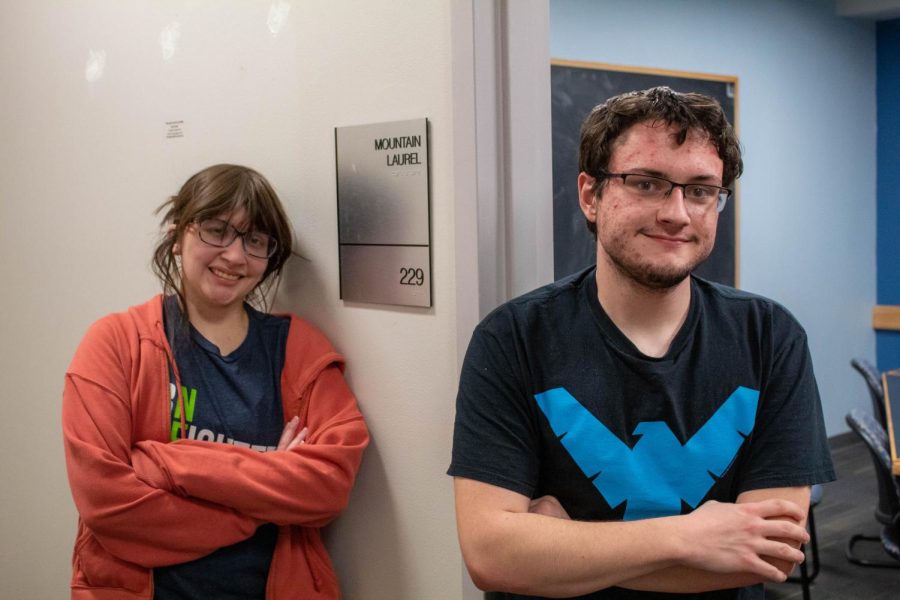
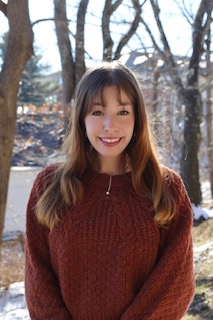
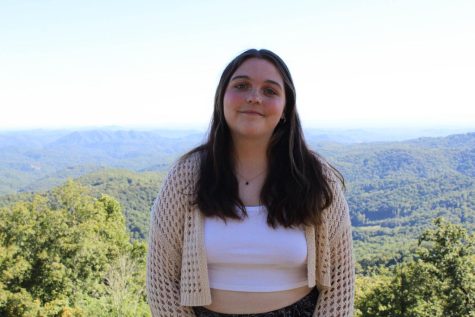





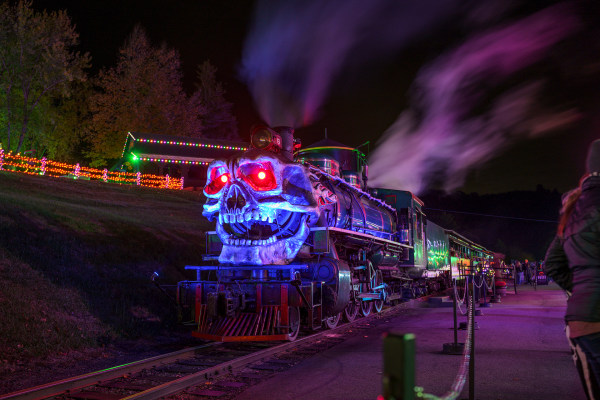
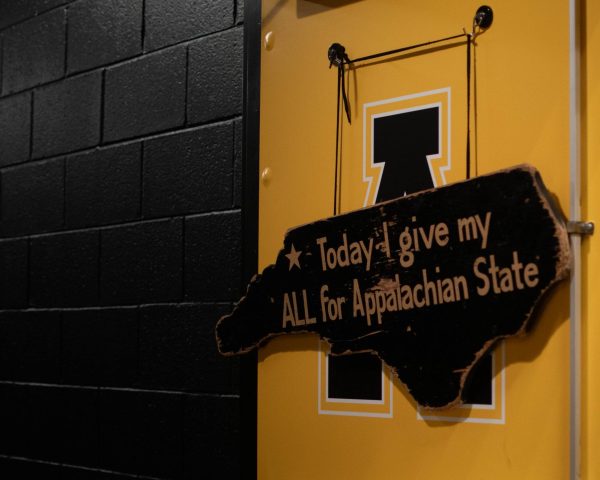


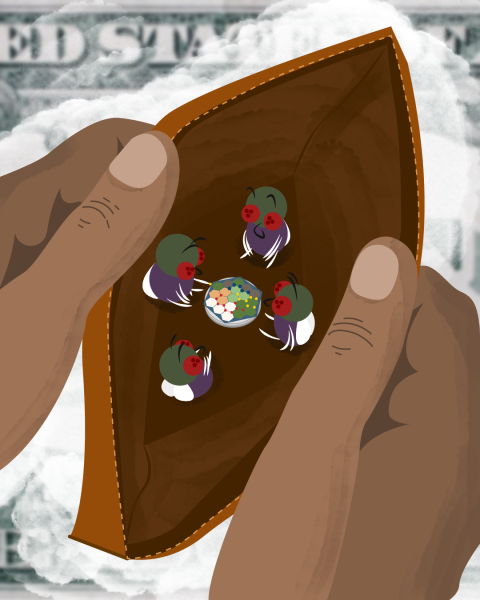
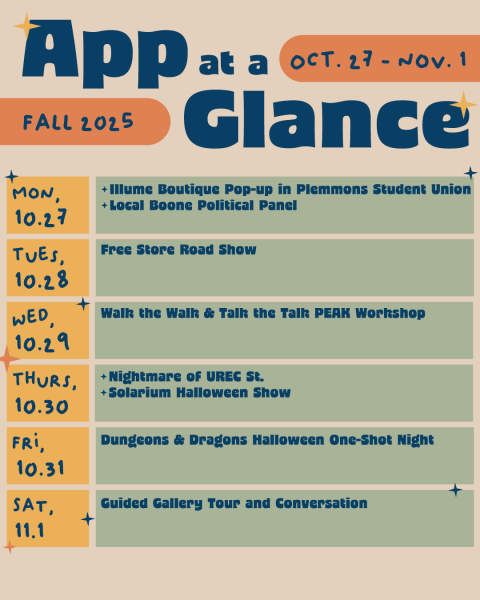
Will Canu • Apr 17, 2023 at 7:43 am
This is fantastic news! The mere concept of neurodiversity is under-appreciated basically everywhere, and I hope that this club can serve as a home base to neurodiverse students while also raising awareness in our community. I thank Ms. Holton, Mr. Reep, and the other officers for their service and initiative, and wish them the best in their work at Appalachian.